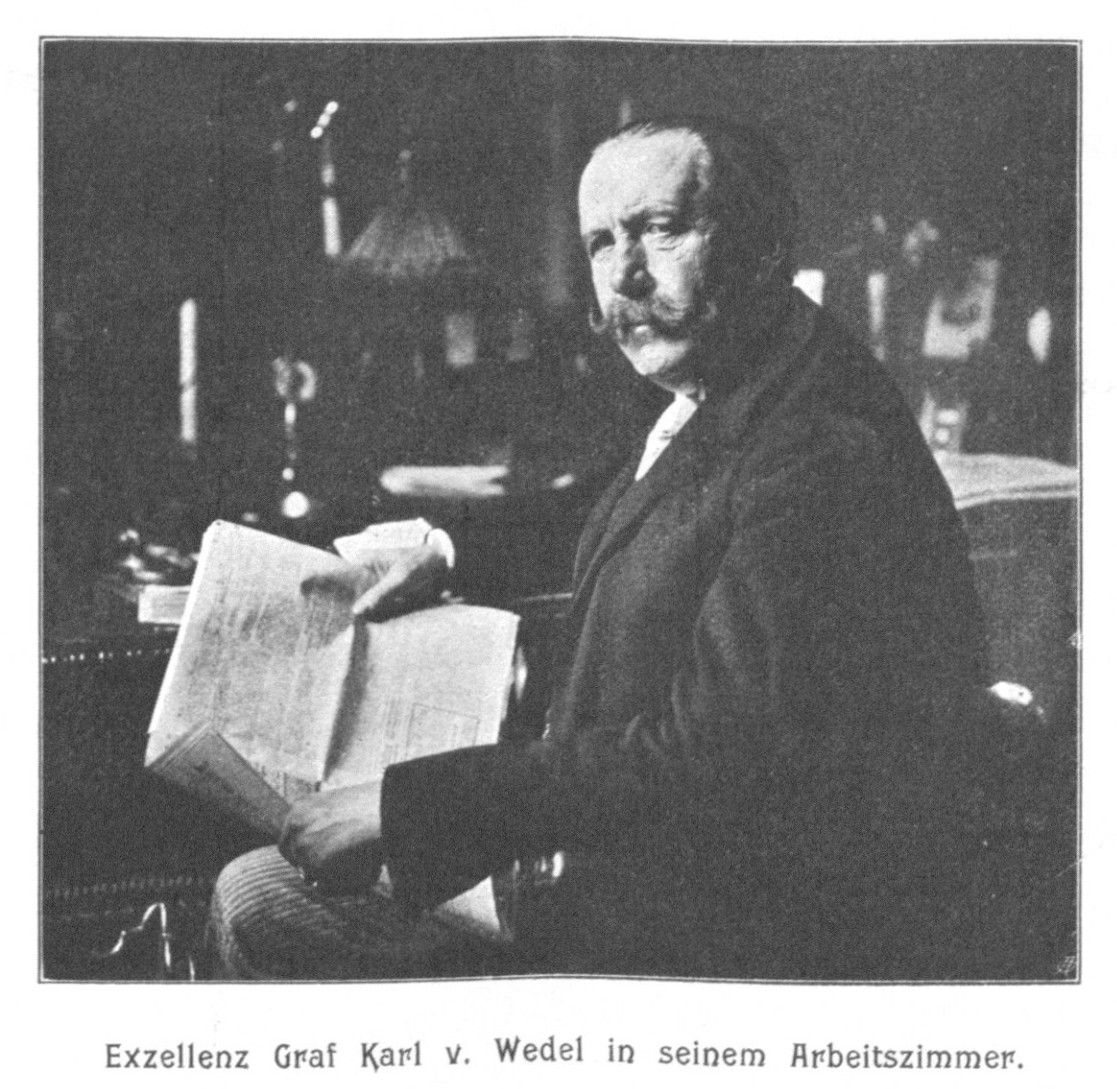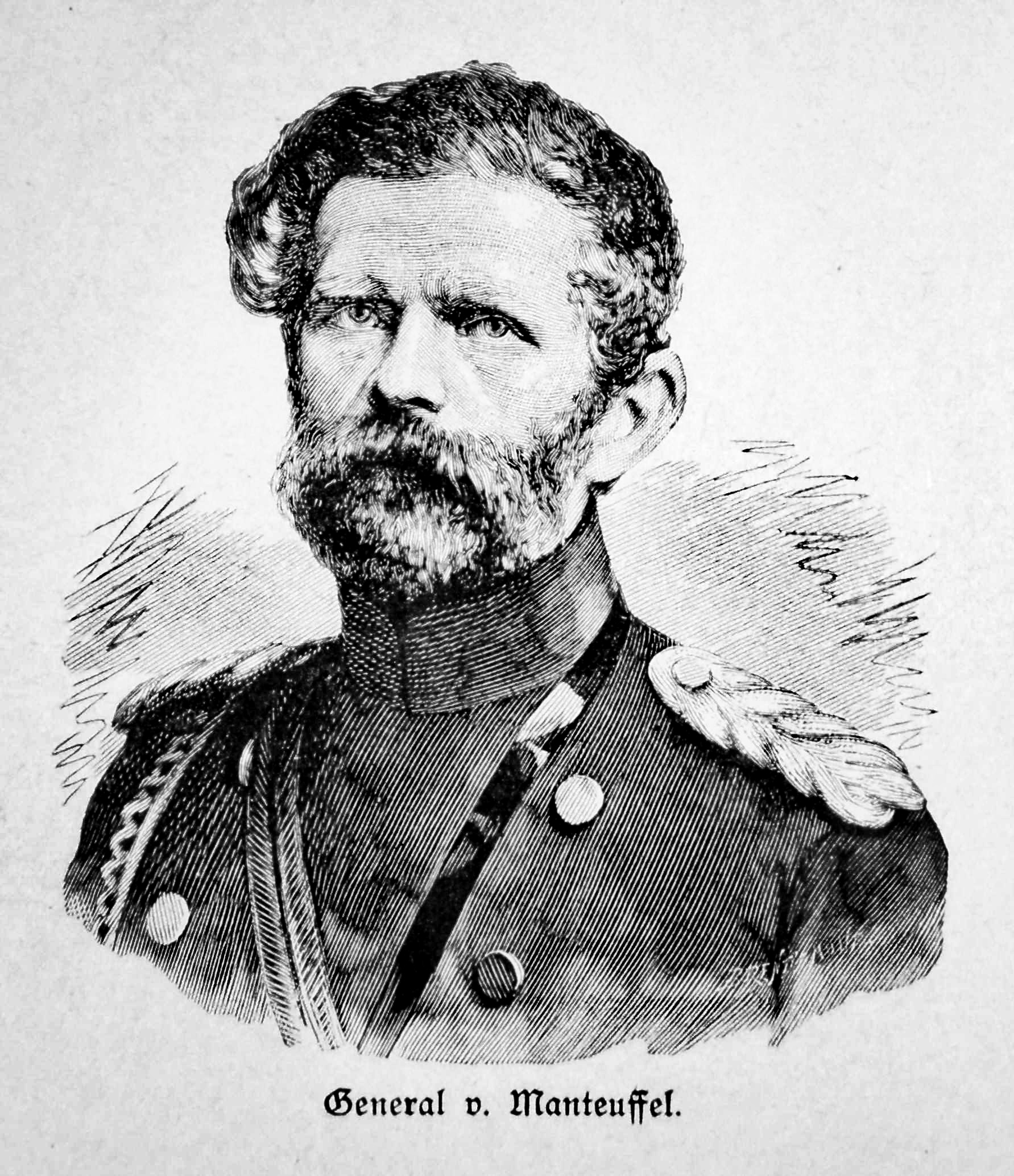|
Reichsstatthalter
The ''Reichsstatthalter'' (, ''Imperial lieutenant'') was a title used in the German Empire and later in Nazi Germany. ''Statthalter des Reiches'' (1879–1918) The office of ''Statthalter des Reiches'' (otherwise known as ''Reichsstatthalter'') was instituted in 1879 by the German Empire for the areas of Alsace (''Elsaß'') and Lorraine (''Lothringen'') that France had ceded to Germany following the Franco-Prussian War. It was a form of governorship intended to exist while Alsace-Lorraine became a federal state of the Empire. It was abolished when Alsace-Lorraine was, in turn, ceded back to France after Germany lost World War I. Nazi Germany During the Third Reich, the Nazis re-created the office of ''Reichsstatthalter'' (Reich Governor or Reich Deputy) to gain direct control over all states (other than Prussia) after winning the general elections of 1933. Their independent state governments and parliaments were successively abolished, and the Reich government took ... [...More Info...] [...Related Items...] OR: [Wikipedia] [Google] [Baidu] |
Karl Von Wedel
Karl, Prince of Wedel (german: Karl Fürst von Wedel; 5 February 1842 – 30 December 1919), born Karl Leo Julius Graf von Wedel, was a Prussian general and diplomat who served as the fourth Imperial Lieutenant (''german: Reichsstatthalter'') of the '' Reichsland'' of Alsace–Lorraine from 27 October 1907 until his resignation on 18 April 1914. Formerly a soldier in the Hanoverian Army, Wedel entered the service of the Prussian Army after Hanover's defeat in the Austro-Prussian War, subsequently rising through the ranks. In addition to his military roles, he also served in various governmental posts before eventually succeeding Prince Hermann zu Hohenlohe-Langenburg as ''Reichsstatthalter''. Wedel inherited from his predecessor a province troubled by conflict between French and German nationalists and the question of its place in the empire, though his open-minded disposition did much to ingratiate himself towards the Alsatians. It was under his auspices that the Consti ... [...More Info...] [...Related Items...] OR: [Wikipedia] [Google] [Baidu] |
Prussia
Prussia, , Old Prussian: ''Prūsa'' or ''Prūsija'' was a German state on the southeast coast of the Baltic Sea. It formed the German Empire under Prussian rule when it united the German states in 1871. It was ''de facto'' dissolved by an emergency decree transferring powers of the Prussian government to German Chancellor Franz von Papen in 1932 and ''de jure'' by an Allied decree in 1947. For centuries, the House of Hohenzollern ruled Prussia, expanding its size with the Prussian Army. Prussia, with its capital at Königsberg and then, when it became the Kingdom of Prussia in 1701, Berlin, decisively shaped the history of Germany. In 1871, Prussian Minister-President Otto von Bismarck united most German principalities into the German Empire under his leadership, although this was considered to be a " Lesser Germany" because Austria and Switzerland were not included. In November 1918, the monarchies were abolished and the nobility lost its political power durin ... [...More Info...] [...Related Items...] OR: [Wikipedia] [Google] [Baidu] |
Nazi Party
The Nazi Party, officially the National Socialist German Workers' Party (german: Nationalsozialistische Deutsche Arbeiterpartei or NSDAP), was a far-right political party in Germany active between 1920 and 1945 that created and supported the ideology of Nazism. Its precursor, the German Workers' Party (; DAP), existed from 1919 to 1920. The Nazi Party emerged from the extremist German nationalist, racist and populist paramilitary culture, which fought against the communist uprisings in post– World War I Germany. The party was created to draw workers away from communism and into nationalism. Initially, Nazi political strategy focused on anti– big business, anti-bourgeois, and anti-capitalist rhetoric. This was later downplayed to gain the support of business leaders, and in the 1930s, the party's main focus shifted to antisemitic and anti-Marxist themes. The party had little popular support until the Great Depression. Pseudoscientific racist theories were ... [...More Info...] [...Related Items...] OR: [Wikipedia] [Google] [Baidu] |
Nazi Germany
Nazi Germany (lit. "National Socialist State"), ' (lit. "Nazi State") for short; also ' (lit. "National Socialist Germany") (officially known as the German Reich from 1933 until 1943, and the Greater German Reich from 1943 to 1945) was the German Reich, German state between 1933 and 1945, when Adolf Hitler and the Nazi Party controlled the country, transforming it into a dictatorship. Under Hitler's rule, Germany quickly became a totalitarian state where nearly all aspects of life were controlled by the government. The Third Reich, meaning "Third Realm" or "Third Empire", alluded to the Nazi claim that Nazi Germany was the successor to the earlier Holy Roman Empire (800–1806) and German Empire (1871–1918). The Third Reich, which Hitler and the Nazis referred to as the Thousand-Year Reich, ended in May 1945 after just 12 years when the Allies of World War II, Allies defeated Germany, End of World War II in Europe, ending World War II in Europe. On 30 January 1933, H ... [...More Info...] [...Related Items...] OR: [Wikipedia] [Google] [Baidu] |
Rudolf Schwander
Rudolf Schwander (23 December 1868 – 25 December 1950) was a German politician and social reformer. He was, among other things, the Mayor of Strasbourg and High Commissioner of Hesse-Nassau. Life Born in Alsace, Rudolf Schwander was the son of Anne Barbe Schwander and, according to widespread rumour, the Mayors of Colmar, Camille Schlumberger. After attending elementary school and special school, Schwander first worked as a clerk and office assistant in his native town of Colmar, but graduated from high school at the same time. Between 1897 and 1901 he studied law and political science in Strasbourg and received his doctorate in political science with a thesis on French Poverty. He entered the city service in 1900 and took over the management of the poor and hospital administration, two years later he also became a deputy of Strasbourg. Influenced by Friedrich Naumann, he subsequently carried out groundbreaking social reforms and established the Strasbourg system in 1905 ... [...More Info...] [...Related Items...] OR: [Wikipedia] [Google] [Baidu] |
Hermann, Prince Of Hohenlohe-Langenburg
Hermann, Prince of Hohenlohe-Langenburg (Hermann Ernst Franz Bernhard; 31 August 1832 – 9 March 1913) was the 6th Prince of Hohenlohe-Langenburg and the second son of Ernst I, Prince of Hohenlohe-Langenburg, and Princess Feodora of Leiningen (half-sister of Queen Victoria). He succeeded to the title of Prince of Hohenlohe-Langenburg (''Fürst zu Hohenlohe-Langenburg'') on 21 April 1860, when his elder brother signed over his rights to the throne. He died on 9 March 1913 in Langenburg, Kingdom of Württemberg, German Empire (present-day Baden-Württemberg, Germany). Life and career From 5 November 1894 to 1 October 1907 he served as Imperial Lieutenant of Alsace-Lorraine, succeeding his kinsman Prince Chlodwig of Hohenlohe-Schillingsfürst. On 19 September 1899, he and his wife were in a saloon railway carriage at Perth Station. Lieutenant Colonel H A Yorke (RE retired), the Inspecting Officer of Railways who reported on the accident, said that they had had a miraculous e ... [...More Info...] [...Related Items...] OR: [Wikipedia] [Google] [Baidu] |
Chlodwig, Prince Of Hohenlohe-Schillingsfürst
Chlodwig Carl Viktor, Prince of Hohenlohe-Schillingsfürst, Prince of Ratibor and Corvey (german: Chlodwig Carl Viktor Fürst zu Hohenlohe-Schillingsfürst, Prinz von Ratibor und von Corvey) (31 March 18196 July 1901), usually referred to as the Prince of Hohenlohe, was a German statesman, who served as the chancellor of the German Empire and minister-president of Prussia from 1894 to 1900. Prior to his appointment as Chancellor, he had served in a number of other positions, including as minister-president of Bavaria (1866–1870), German Ambassador to Paris (1873–1880), Foreign Secretary (1880) and Imperial Lieutenant of Alsace-Lorraine (1885–1894). He was regarded as one of the most prominent liberal politicians of his time in Germany. Biography Chlodwig was born at Rotenburg an der Fulda, in Hesse, a member of the princely House of Hohenlohe. His father, Prince Franz Joseph (1787–1841), was a Catholic; his mother, Princess Konstanze of Hohenlohe-Langenburg, a Lu ... [...More Info...] [...Related Items...] OR: [Wikipedia] [Google] [Baidu] |
Edwin Freiherr Von Manteuffel
Edwin Karl Rochus Freiherr von Manteuffel (24 February 180917 June 1885) was a Prussian ''Generalfeldmarschall'' noted for his victories in the Franco-Prussian War, and the first Imperial Lieutenant (german: Reichsstatthalter) of Alsace–Lorraine from 1879 until his death. Biography Son of the president of the superior court of Magdeburg, Manteuffel was born at Dresden and brought up with his cousin, Otto von Manteuffel (1805–1882), the Prussian statesman. He entered the guards cavalry at Berlin in 1827 and became an officer in 1828. After attending the War Academy for two years, and serving successively as '' aide-de-camp'' to General von Müffling and to Prince Albert of Prussia, he was promoted captain in 1843 and major in 1848, when he became ''aide-de-camp'' to Frederick William IV, whose confidence he had gained during the revolutionary movement in Berlin. Promoted lieutenant-colonel in 1852, and colonel (and commanding officer of the 5th Uhlans) in 1853, Manteuffe ... [...More Info...] [...Related Items...] OR: [Wikipedia] [Google] [Baidu] |
Oberpräsident
The ''german: Oberpräsident, label=none'' (Supreme President) was the highest administrative official in the Prussian provinces. History The Oberpräsident of a Prussian province was the supreme representative of the Prussian crown, until its downfall in 1918, in the province. In the 17th and 18th centuries he was appointed by the prince-electors or by the King and answered only to him. From 1808 and 1815, the Oberpräsident on behalf of the king exercised the right of inspection, the supreme supervision of the administration in his province. He was, however, not in-charge of the district president, who was directly subordinate to the Prussian Ministry of the Interior in Berlin. The Oberpräsident had the right to be informed by the district presidents about all aspects of the province, he could take in all administrative procedures insight and was allowed to intervene in case of problems. The position was maintained when the Prussian monarchy was dissolved, and the Free State ... [...More Info...] [...Related Items...] OR: [Wikipedia] [Google] [Baidu] |
Second French Empire
The Second French Empire (; officially the French Empire, ), was the 18-year Imperial Bonapartist regime of Napoleon III from 14 January 1852 to 27 October 1870, between the Second and the Third Republic of France. Historians in the 1930s and 1940s often disparaged the Second Empire as a precursor of fascism. That interpretation is no longer widely held, and by the late 20th century they were giving it as an example of a modernising regime. Historians have generally given the Empire negative evaluations on its foreign policy, and somewhat more positive evaluations of domestic policies, especially after Napoleon III liberalised his rule after 1858. He promoted French business and exports. The greatest achievements included a grand railway network that facilitated commerce and tied the nation together with Paris as its hub. This stimulated economic growth and brought prosperity to most regions of the country. The Second Empire is given high credit for the rebuilding of Paris ... [...More Info...] [...Related Items...] OR: [Wikipedia] [Google] [Baidu] |
Kingdom Of Bavaria
The Kingdom of Bavaria (german: Königreich Bayern; ; spelled ''Baiern'' until 1825) was a German state that succeeded the former Electorate of Bavaria in 1805 and continued to exist until 1918. With the unification of Germany into the German Empire in 1871, the kingdom became a federated state of the new empire and was second in size, power, and wealth only to the leading state, the Kingdom of Prussia. The polity's foundation dates back to the ascension of prince-elector Maximilian I Joseph of Bavaria, Maximilian IV Joseph of the House of Wittelsbach as King of Bavaria in 1805. The crown would go on being held by the Wittelsbachs until the kingdom came to an end in 1918. Most of the border of modern Germany's Bavaria#Free State of Bavaria, Free State of Bavaria were established after 1814 with the Treaty of Paris (1814), Treaty of Paris, in which the Kingdom of Bavaria ceded county of Tyrol, Tyrol and Vorarlberg to the Austrian Empire while receiving Aschaffenburg and Würzburg ... [...More Info...] [...Related Items...] OR: [Wikipedia] [Google] [Baidu] |





